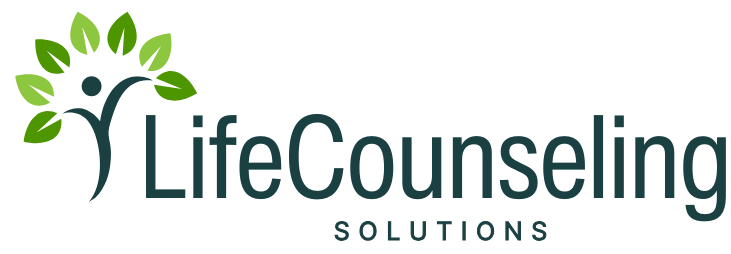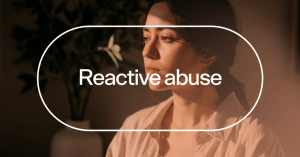What comes to mind when you think of that deep dark secret that you wish would just disappear? If you were a victim of childhood sexual abuse, you are probably thinking of the abuse.
The U.S. Department of Justice estimates that one out of every three women and one out of every six men have been sexually violated. America is home to an estimated 39 million survivors.
Many people’s lives are shattered in many different areas as a result of childhood sexual abuse. Most survivor’s injury is obvious, however, what about the relational damage that can carry through adulthood. Whether it was a one-time violation or a long – term trauma, the effects impact their relationships. Below are three tips that can start you toward the healing journey in your life if you were a victim of childhood sexual abuse.
1) Be Silent No More – Many survivors of childhood sexual abuse have great fears and anxiety about building close friendships. Healthy bonds with other people are what get us to a deeper level of healing. Most survivors struggle with thoughts of feeling damaged, dirty, alone, and afraid of what people might think of them if they were to find out. Does that sound like you? Are you afraid to let others know about what you have been through in life?
Have you ever experienced an emotional relationship where there was vulnerability? Are you conquering that fear by putting on a mask of toughness, perfectionism, and people pleasing compulsion? This will only fuel the fears and prevent you from finding the life of freedom and having healthy relationships that you are longing for, so it is time to tell your story. Be silent no more by sharing your story with a professional, close friend, pastor or someone that you consider safe.
2) Stay Out of Hiding – The basis of all healthy relationships are trust and open, honest communication. When life gets difficult, survivors of childhood sexual abuse often stop communicating. Just when you need to connect the most, your tendencies are to withdraw, clam up, and try it alone. Safe and healthy friendships are the very breath of life to get you through the hardships of life. To break free from the lonely cycle of isolation, be willing to pursue authenticity in your relationships. You have to remove your mask, come out of hiding, and disentangle yourself from any addictions that you may have used to replace healthy relationships. Learn how to tell others the truth about what you have been through.
3) Learn to Breathe – Remember that courage is not the absence of fear; it is the willingness to act in the face of fear. It’s what enables you to tell your story despite your fear. Consider how telling your story to someone you trust can aid in rebuilding your life and establishing healthy connections with others. Doing so can help you: validate your feelings and experience, understand your innocence, realize that you are not alone, experience healthy emotions and honest relationships, start to restore trust, affirm your self-worth and become a source of comfort and encouragement for others. This will help you release that heaviness of anxiousness and shame that feels like it is suffocating you. This will allow you to begin to breathe.
Speaking out is the first step toward coming to terms with the past and toward breaking its power over your life. Making a decision to be silent no more! You deserve to be whole, safe, and in healthy relationships! Remember that the past you have endured is not who you are – it is something done to you that doesn’t have to define you for the rest of your life.
If you have never been a victim, chances are you know someone who has been abused. There are a lot of people holding in a lot of private pain that walk by us everyday. We all have baggage in our lives and many people are just waiting for a person who cares to just reach out and provide a safe place. People are broken in relationships and can also heal relationships
If you want additional assistance, call today at 407-622-1770 to make a complimentary 15-minute consultation or click here to book an appointment online.
Author: Janie Lacy







